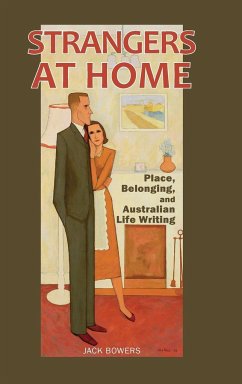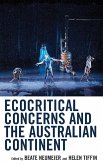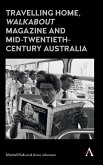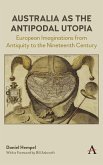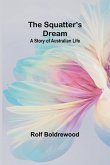What does it mean to belong? When we belong, how do we recognise it as belonging? What role does belonging play in the formation of self-identity? Through a provocative discussion of contemporary Australian life writing, Strangers at Home examines what it means to belong and what belonging means for self-identity. First and foremost, belonging is a kind of relationship, and the connection between self and place has a long philosophical tradition. Experienced across time and place, belonging may be configured through a range of contexts, from belonging to country, belonging to a suburb, a house, even a room within a house or an object. Places and spaces are fundamental to self-identity because our interpretation of our relationships with places and spaces gives rise to meaning, and it is through meaning that a sense of belonging emerges. Understood as a relationship, belonging obviously connects individuals. Whether they are parents, siblings or have no biological history, self-identity is inscribed through our interrelatedness and mapped through a narrative construction. Belonging is always rooted in some conception of place, family, language - that is, some shared, communal space, for belonging must almost always entail others with whom to share it - but it is always also a negotiation between an act of sharing and how one sees oneself within that shared space, a self narrated into a world. To speak of belonging necessarily entails a sense of estrangement, a recognition of the complexity, even the ambivalence, that is at the heart of the relationship between individuals and what they find in the world. Belonging, like identity, requires some nexus between self and something other; belonging requires, quite literally, something to belong to, a "home" in which we seek not to be a "stranger." Together, belonging and estrangement map the connections through which self-identity is lived. Life writing necessarily inscribes ourselves into relationships and places and, as our relationship with the past evolves over the years, and as the ever-changing present offers new possibilities for the future, so those relationships are not just written but rewritten, reconfigured, re-imagined, and renegotiated with the time since lived and the forecast of future time. Bringing together theorising on autobiography as well as place, Jack Bowers examines a range of contemporary Australian autobiographies to consider the intersections between personal and social identities. From Drusilla Modjeska's Poppy and Second Half First, to Rebecca Huntley's An Italian Girl, Steve Bisley's Stillways and many more, Strangers at Home invites readers to reconsider what it is to feel "at home." The foreword is by Jeff Malpas, Distinguished Professor at the University of Tasmania. Strangers at Home is part of the Cambria Australian Literature Series, headed by Dr. Susan Lever.
Hinweis: Dieser Artikel kann nur an eine deutsche Lieferadresse ausgeliefert werden.
Hinweis: Dieser Artikel kann nur an eine deutsche Lieferadresse ausgeliefert werden.

